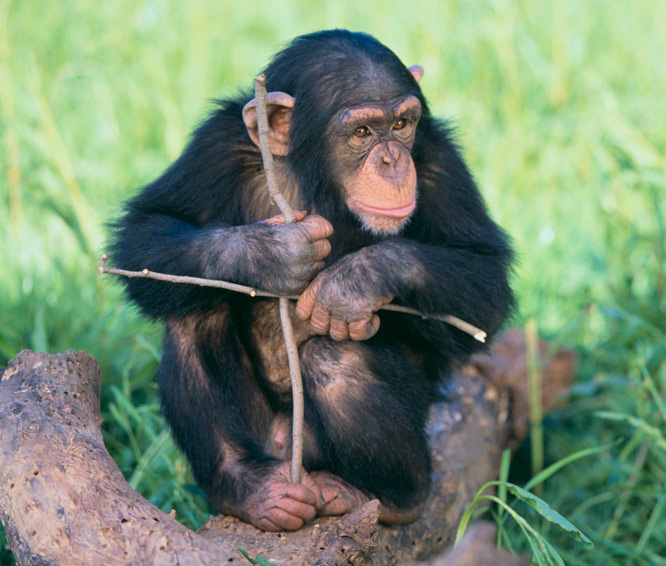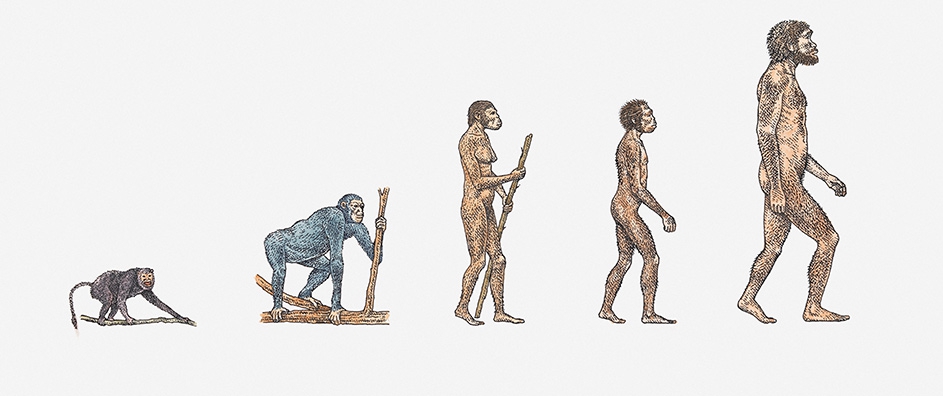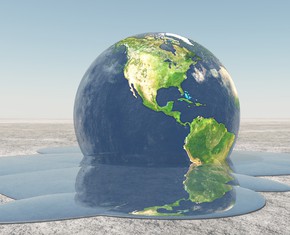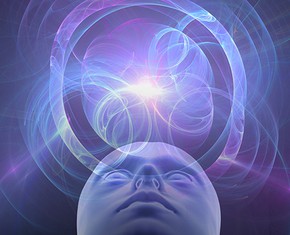The views expressed in our content reflect individual perspectives and do not represent the authoritative views of the Baha'i Faith.
I am a medical student who believes in God.
That combination may not seem unusual, but in university biology courses I have taken, some of the professors seemed to use any opportunity to mock or take a shot at the existence of a Divine Creator. For example, one professor used the example of the presence of vestigial organs in the body to demonstrate lack of intelligent design by a Creator; another professor pointed to frailness of the human body.
It seems that two contending camps have emerged: those who identify themselves as “scientific” and reject God in favor of science and evolution, and those who reject evolution and believe in God. The former group views man as a mere animal (albeit the most developed kind); while the latter has a completely different view.
Although many scientists do believe in God, atheism runs high in academia, and especially so among scientists. This brings up the question: can you believe in God and in science and evolution at the same time? Or is the entire question really just a false, man-made dichotomy? Certainly people exist today who believe in God and also believe that the earth is a few thousand years old — but this in no way implies that God and science are incompatible.
The existence of the Baha’i Faith itself, with its strong emphasis on the unity of science and religion, disproves that notion of incompatibility. Baha’is do not reject what science has clearly established — in fact, the Baha’i Writings strongly emphasize the essential harmony of science and religion:
God has endowed man with intelligence and reason whereby he is required to determine the verity of questions and propositions. If religious beliefs and opinions are found contrary to the standards of science they are mere superstitions and imaginations; for the antithesis of knowledge is ignorance, and the child of ignorance is superstition. Unquestionably there must be agreement between true religion and science. – Abdu’l-Baha, Baha’i World Faith, p. 240.
So belief in God inherently does not cause people to reject science, even if certain individuals or traditions have adopted views contrary to science (and to the true spirit of their own religions). Abdu’l-Baha states:
All religions of the present day have fallen into superstitious practices, out of harmony alike with the true principles of the teaching they represent and with the scientific discoveries of the time. Many religious leaders have grown to think that the importance of religion lies mainly in the adherence to a collection of certain dogmas and the practice of rites and ceremonies! Those whose souls they profess to cure are taught to believe likewise, and these cling tenaciously to the outward forms, confusing them with the inward truth. – Paris Talks, p. 143.
 Darwinism, the theory which describes changes in species by the agency of natural selection, seems to indicate that man is an animal. For example, science shows that chimpanzees have approximately 99% of the DNA that humans have. Thus, we are comparable to animals on the basis of DNA, anatomical features, and many physical characteristics.
Darwinism, the theory which describes changes in species by the agency of natural selection, seems to indicate that man is an animal. For example, science shows that chimpanzees have approximately 99% of the DNA that humans have. Thus, we are comparable to animals on the basis of DNA, anatomical features, and many physical characteristics.
If man’s reality solely relied on our physical attributes, then indeed, man would be nothing but an animal. But here’s the crux of the matter — science only deals with the tangible, the physical. Spirituality doesn’t fall within its jurisdiction. Science can only describe the physical world; it cannot go beyond that. If man’s reality represents something higher than the outward and tangible — i.e., the human soul — then man’s reality cannot be the same as that of the animal. Physical aspects may be shared; however, the realities of man and animal are light-years apart.
The Baha’i teachings compare humanity’s physical evolution on this earth to that of the development of an unborn child in the womb: in the earliest stages, it may resemble lower life-forms, but the end result of those changes is the human being. Despite anatomical changes, man is always man, and what makes us human is the existence of a soul. So even when human beings looked like other animals at some point during our physical evolution as a species, the reality of man always was distinct from the animals. Baha’is believe that humanity evolved physically and shares biological similarities with animals. According to Abdu’l-Baha:
… at one time man was an inmate of the sea, at another period an invertebrate, then a vertebrate and finally a human being standing erect. – Promulgation of Universal Peace, p. 359.
The Baha’i writings accept the possibility of physical evolution – but also point out that all human beings have a greater reality than just the physical.
What ultimately distinguishes man from the animal, then, is the presence of the human soul. In other words, we are not our bodies, we are our souls. The soul is what makes the difference, and makes us distinct from the animal kingdom with regard to our true, inner reality.
Despite the widening divide between the “pro-science” and “pro-religion” camps, Baha’is offer a conciliatory and unifying view of science and religion.
You May Also Like
Comments

















A possible interpretation of the following excerpt from the ...Baha'i writings, can lead to the conclusion that the higher nature of human soul as compared to animals requires a higher degree of a physical form to be associated with it.
"The more perfect the combination, the nobler is the being. The combination of the elements in the body of man is more perfect than the
composition of any other being" ..."The human spirit is existent in the sight (eyes); it is also existent in the brain, which is the location of
great functions and powers"
Future discoveries in brain science may possibly prove that humans are biologically more complex than animals. One thing is for
sure, is that it may take centuries for us to have a full convergence of science and religion on the subject of evolution.